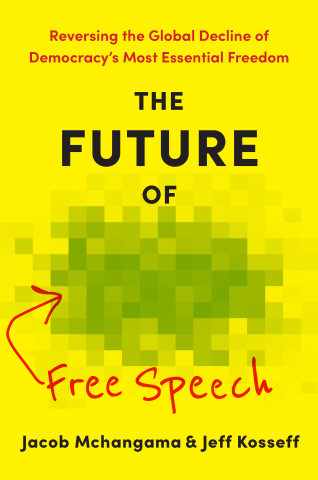
Reviews
If you're thinking, 'Who wants to read a collection of essays about torture?' you may want to reconsider... This fascinating volume examines the nature of torture, its uses, and our perceptions of it.
This book appears at an extraordinary moment.
This edited collection is an excellent and illuminating addition to the literature on the torture policy of the Bush administration during its war on terror.. Unflinching and unforgiving.
Unflinching and unforgiving, Hilde's volume impresses the reader not just with the depravity of the world of torture that the United States chose to enter but with the sense that the road back to human decency will be a difficult one—one framed, as Dorfman suggests, by the refusal to let fear justify that which erases our humanity.
The American 'torture debate' is mostly a sound-bite battle among talking heads with furrowed brows earnestly invoking ticking time bombs, international treaties, and the American image abroad. The authors in this splendid collection discuss torture in human terms—in the experience of torturing and being tortured, far removed from antiseptic talk about costs and benefits, ticking bombs and moral absolutes, policies and permissions. It is essential reading.
Torture's rehabilitation by the Bush administration is a regression of democracy, destroyed in the name of protecting it. The very great merit of this book by Thomas C. Hilde and contributors is in reminding us of the historical record of these practices, the debates they have aroused in Europe and the Modern West, and the calamity they have wrought. Today, a slippery slope is leading civilization backwards to barbarism in the name of the struggle against barbarism.
Book Details
About the Cover Photograph
Introduction
Chapter 1. Torture on Trial: Prosecuting Sadists and the Obfuscation of Systemic Crime
Chapter 2. Torture in the Algerian War
Chapter 3. There Are No Tortures in
About the Cover Photograph
Introduction
Chapter 1. Torture on Trial: Prosecuting Sadists and the Obfuscation of Systemic Crime
Chapter 2. Torture in the Algerian War
Chapter 3. There Are No Tortures in Gaza
Chapter 4. The Nation as Iron Maiden
Chapter 5. Torture, Tongues, and Treason
Chapter 6. The Terrorist We Torture: The Tale of Abdul Hakim Murad
Chapter 7. The Torturers and Their Public
Chapter 8. Are there times when we have to accept torture? / Are we really so fearful?
Chapter 9. Torture's New Methods and Meanings
Chapter 10. Torture as a Greater Evil
Chapter 11. Legitimacy, Identity, Violence, and the Law
Chapter 12. Torture Makes the M
Chapter 13. Feminism's Assumptions Upended
Chapter 14. Totalitarian Lust: From Salò to Abu Ghraib
Chapter 15. Information and the Tortured Imagination
Notes on Contributors
Index





